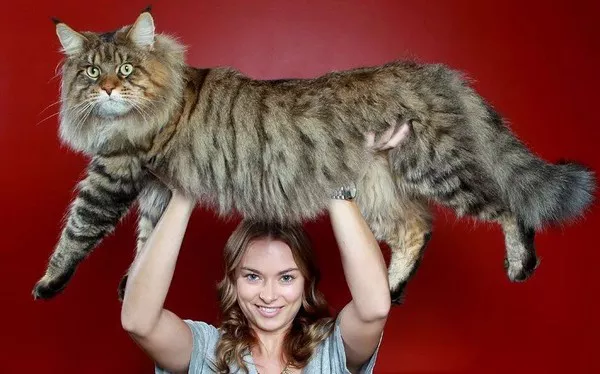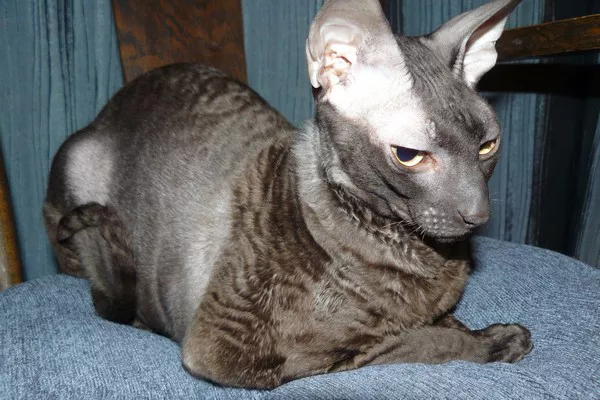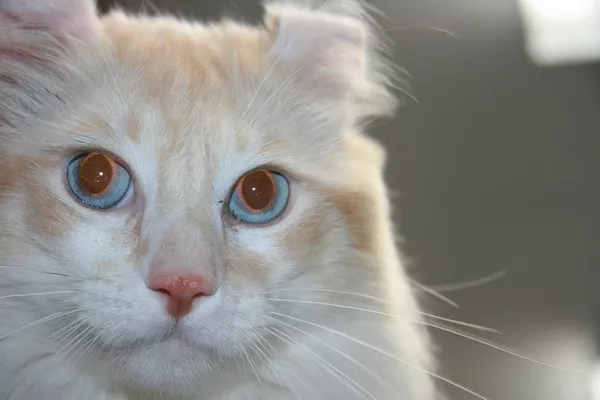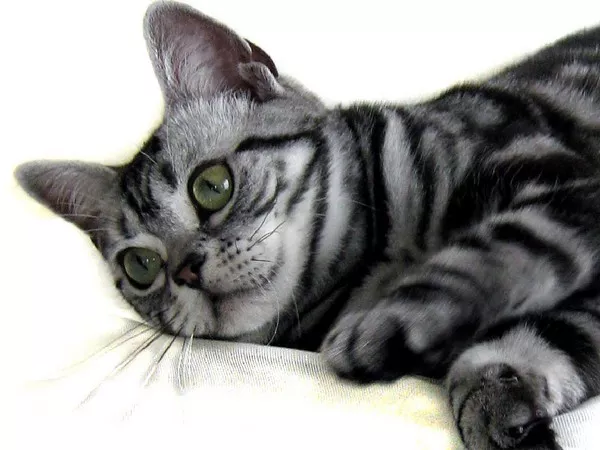In the realm of feline companionship, few breeds command attention quite like the Maine Coon cat. Renowned for their imposing size, striking appearance, and gentle demeanor, Maine Coons have captured the hearts of cat lovers around the world. One of the most frequently asked questions about this majestic breed revolves around their size and weight. In this comprehensive guide, we delve into the fascinating world of Maine Coon cats, exploring their full-grown weight, the factors that influence it, and what to expect when living with these magnificent felines.
The Maine Coon Cat: A Breed Apart
Before delving into specifics about their weight, it’s essential to understand what sets Maine Coon cats apart from other breeds. Originating from the rugged landscapes of Maine, USA, Maine Coons are characterized by their robust build, tufted ears, bushy tails, and tufted paws. They are one of the largest domesticated cat breeds, known for their gentle nature, intelligence, and affectionate disposition.
Genetics and Heritage: The Roots of Maine Coon Size
The impressive size of Maine Coon cats can be attributed in part to their genetic heritage. As a breed that evolved in the harsh climate of New England, Maine Coons developed large, sturdy bodies to withstand the rigors of their environment. Their ancestors likely interbred with wild cats, such as lynxes or bobcats, resulting in a breed with a naturally larger frame and muscular build.
The Growth Process: Understanding How Maine Coon Cats Develop
Like all cats, Maine Coon kittens go through a period of rapid growth and development during their first year of life. However, Maine Coons have a longer growth period compared to other breeds, often taking up to three to five years to reach their full size and weight. During this time, they undergo significant changes in their body structure, including the development of muscle mass, bone density, and overall size.
1. Factors Influencing Maine Coon Weight: Exploring the Variables
Several factors can influence the weight of a full-grown Maine Coon cat, including genetics, gender, age, diet, and lifestyle. While Maine Coons are known for their impressive size, individual cats may vary in weight depending on their unique genetic makeup and environmental factors.
Genetics:
Genetics play a significant role in determining the size and weight of Maine Coon cats. Kittens inherit traits from their parents, including their body size, bone structure, and overall build. Maine Coon cats with larger parents or ancestors are more likely to grow into larger adults, while those with smaller parents may be more petite in size.
Gender:
Gender can also influence the weight of Maine Coon cats, with male cats typically being larger and heavier than females. Male Maine Coons often have broader chests, thicker necks, and more muscular bodies compared to their female counterparts. While both male and female Maine Coons can reach impressive sizes, male cats tend to outweigh females on average.
Age:
Maine Coon cats continue to grow and develop throughout their first few years of life, with most reaching their full size and weight by three to five years of age. Kittens grow rapidly during their first year, experiencing significant increases in size and weight. As they mature into adulthood, their growth rate slows, and they gradually reach their full-grown size.
Diet and Nutrition:
Diet plays a crucial role in determining the weight and overall health of Maine Coon cats. A nutritionally balanced diet that provides essential nutrients, vitamins, and minerals is essential for supporting healthy growth and development. Maine Coons are hearty eaters and may require larger portions of food compared to other breeds due to their size. However, it’s essential to monitor their calorie intake and avoid overfeeding to prevent obesity and related health issues.
Lifestyle and Activity Level:
The lifestyle and activity level of a Maine Coon cat can also impact their weight and overall fitness. Maine Coons are active, playful cats that enjoy climbing, exploring, and engaging in interactive play. Providing ample opportunities for exercise and mental stimulation can help maintain their muscle tone, agility, and overall health. Indoor Maine Coon cats may require additional enrichment activities to prevent boredom and encourage physical activity.
2. Average Weight Range
While individual Maine Coon cats may vary in weight, there is a general range that is considered typical for the breed. Male Maine Coon cats typically weigh between 13 to 18 pounds (5.9 to 8.2 kilograms), while females typically weigh between 8 to 12 pounds (3.6 to 5.4 kilograms). However, it’s important to remember that these are averages, and some Maine Coon cats may weigh more or less depending on various factors.
3. Maintaining a Healthy Weight
Maintaining a healthy weight is essential for the overall well-being of Maine Coon cats. Obesity can lead to a range of health problems, including joint pain, diabetes, and heart disease. Monitoring your Maine Coon’s weight, providing a balanced diet, and ensuring plenty of opportunities for exercise and play are essential for keeping them in optimal health.
Conclusion: Embracing the Magnificence of Maine Coon Cats
In conclusion, Maine Coon cats are renowned for their impressive size, robust build, and gentle temperament. While their weight may vary depending on genetics, gender, age, diet, and lifestyle, Maine Coons typically reach their full-grown size by three to five years of age. Providing proper nutrition, regular exercise, and veterinary care are essential for maintaining the health and well-being of these magnificent felines. Whether lounging on the couch or prowling through the house, Maine Coon cats exude an air of majesty and grace that captivates cat lovers everywhere.



























